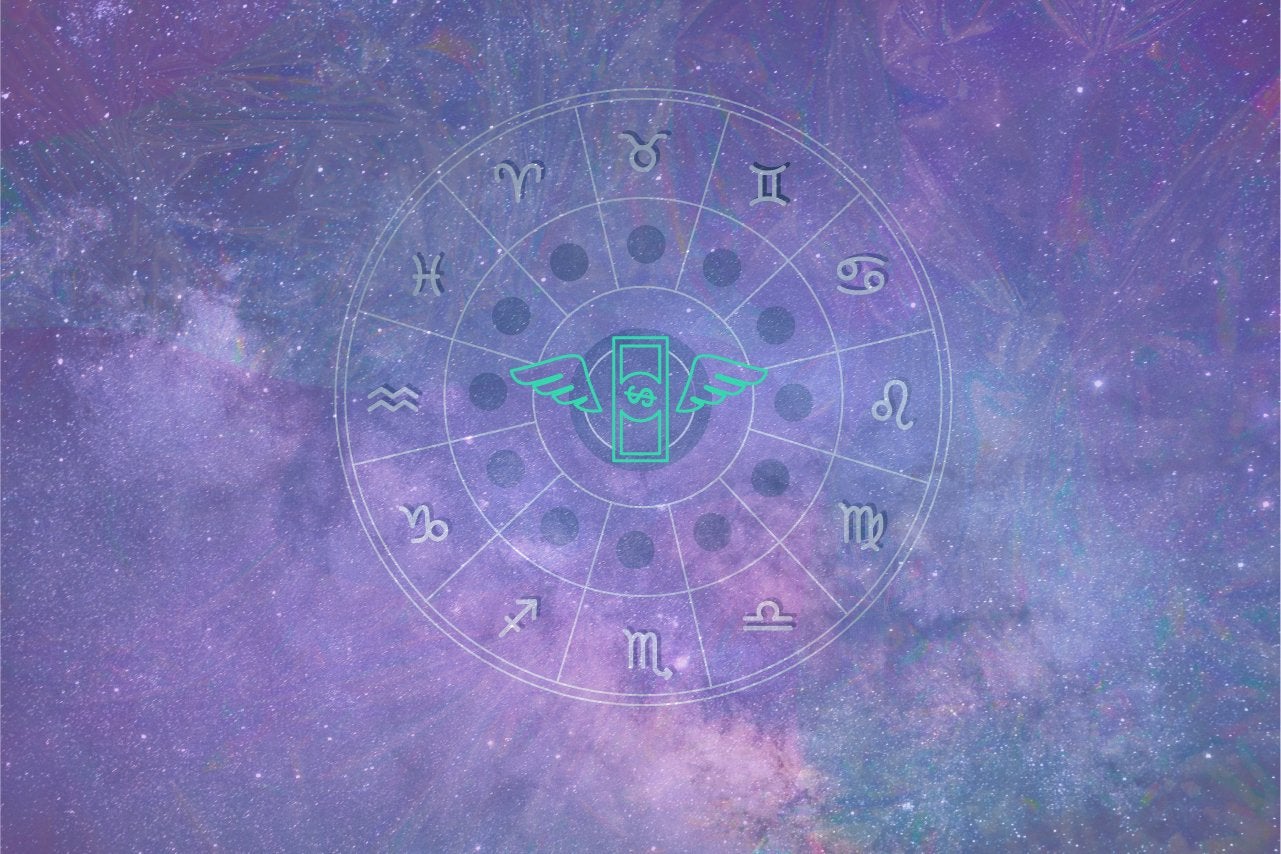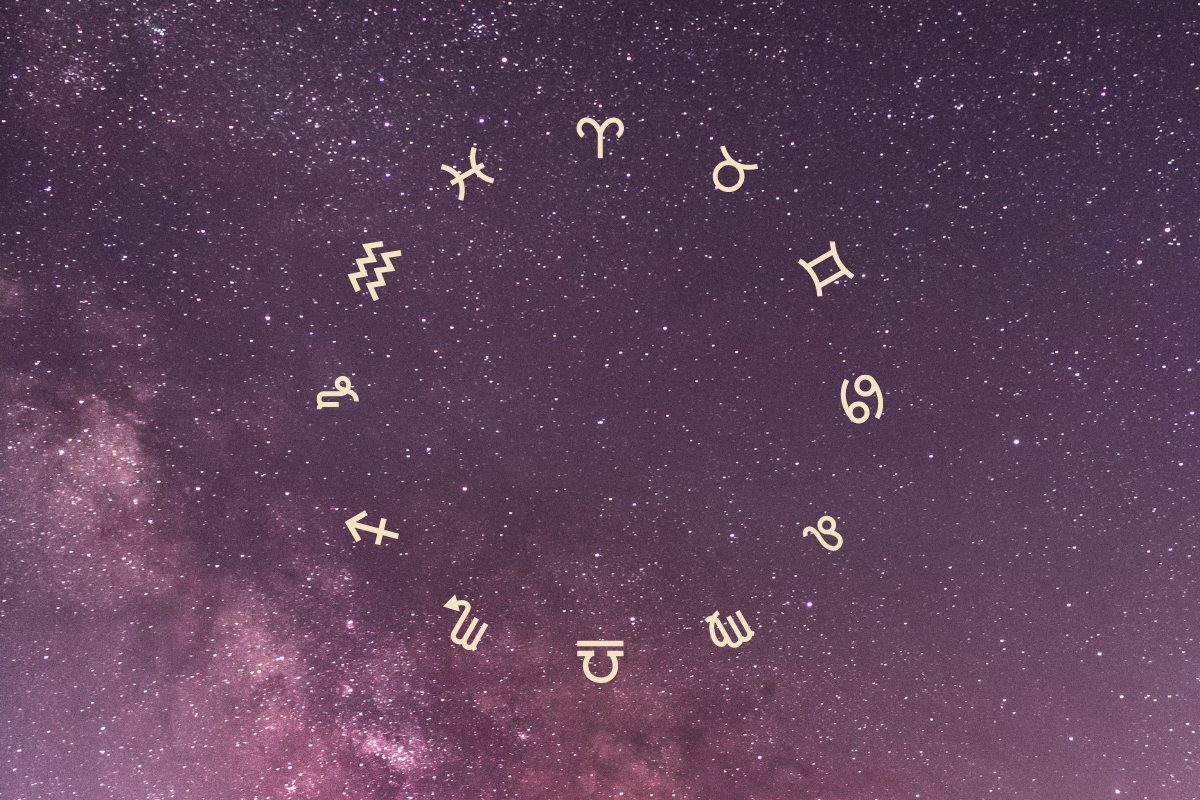Similar to how people are scolded for liking The Office, Drake and other popular cultural phenomena, the widespread revival of astrology has its fair share of haters alongside its enthusiasts. Asking people what their sign is will either provoke an eager response of someone providing their whole birth chart or rolled eyes. I’d say I fall somewhere in the middle: I’ve plugged in my birthday and place of birth into multiple horoscope websites but, I’ve also had to shut my phone off after watching a Tik Tok of someone saying to avoid dating a Pisces if you are a Virgo. Whether you are entranced by astrology and believe in its accuracy or annoyed at the graveness at which people take their horoscopes, you are likely to have an opinion on it.

It is easy to be critical of astrology (which broadly speaking can be defined as a system of divination from the stars to predict and indicate what will happen on Earth) and especially towards those who take it to heart. From what I have gauged from an online discourse I gather that most people are not entirely ridiculing the esoteric nature of astrology –– we live in a secular age but, at least in Canada, we do not impose much scorn or condemnation on to religion –– but more so towards to the horoscope side of it. Plenty of horoscopes reflects vague and obvious messages like “you need to take care of yourself today,” or “you are on the path to a healthy lifestyle,” which can be certainly applied and interpreted to almost any circumstance we find ourselves in. I myself am cynical of horoscopes as I am of astrology’s specific inner-workings, but I have no hostility or judgement against those who have faith in this system of constellations.
I think it is one of the primary concerns of human nature to want to understand ourselves. We have plenty of categories we can define ourselves with: son or daughter, student or worker, boyfriend or girlfriend, athlete or artist. We have many “roles” that we can view as pillars as certain titles of identification, but also much of how we view ourselves changes. When we graduate we are no longer a student, or when we have a life-changing physical injury we no longer may be an athlete. The instability of what life will bring can make us fraught with anxiety and fear, and here comes, I believe, the value of astrology for some. We can call ourselves a Capricorn Sun and Leo Moon. Our date and place of birth may as well be one of the foundational and secure pieces of knowledge that we have. The fact that our horoscopes change every day both account for the unreliability of life while considering the fixed position of our astrological sign. There may be something comforting about this: that we can align ourselves with an idea that both bears in mind the chaos of existing and the idea that no matter what happens, we will always have our day of birth.

I could be looking too deeply into the matter –– maybe some people think Cancers are the devil because their ex was one and use astrology as a form of pseudo eugenic discrimination –– but I believe most that are loyal to their horoscopes mean no harm, and see it as a form of self-awareness. And hey, maybe “you need to take care of yourself today” does not only apply to Libras but if it inspires a Libra to relax and not overwork themselves, then shouldn’t we celebrate people finding a reason –– whether grounded in reality or not –– to practice self-help. Perhaps astrology shouldn’t become a substitute for therapy or doing holistic self-reflection outside of one’s birthday, but maybe horoscopes can become a starting point for people to become more introspective and conscious of their state of mind at large.


